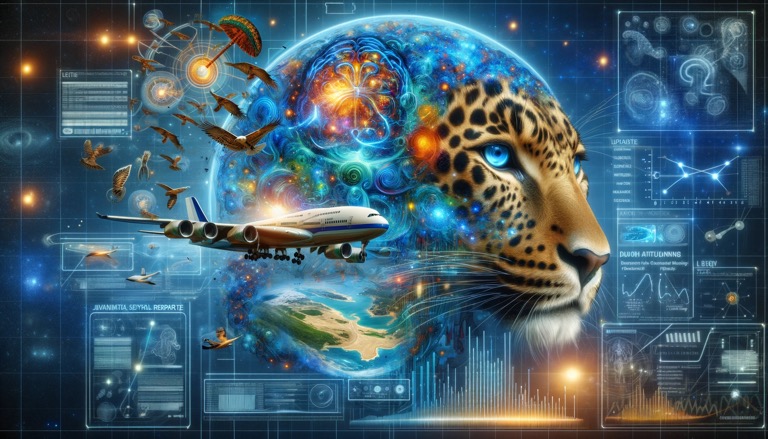Researchers in Japan from the National Institutes for Quantum Science and Technology (QST) and Osaka University have achieved a groundbreaking feat in AI technology. Their project successfully translated human brain activity into visual representations of various objects, animals, and landscapes. This study stands out as one of the few to actualize mental images into visible forms.
Previously, AI technology could decode brain activity to recreate limited categories of images like faces, letters, and numbers. However, this new AI brain-decoding technology demonstrates a broader capability, decoding a more diverse range of mental images. The research team had participants view around 1,200 different images, then used magnetic resonance imaging technology to analyze their brain signals in relation to these visuals. The AI was trained on this mapping, enabling it to eventually decode the images from brain activity for visual display.
This technology has promising applications in medicine, such as creating communication devices or studying dreams, which remain largely unexplored by science. The complex and intricate nature of the human mind still holds many mysteries, and this technology could significantly contribute to cognitive and psychological research.
The AI brain-decoding technology’s efficacy is particularly noteworthy. The team’s framework showed that seen and imagined images were much more accurately identified compared to previous methods and chance accuracy. The study revealed that the new framework could identify seen images with an accuracy of 90.7%, a substantial improvement over the 64.3% accuracy of prior methods and the 50% chance accuracy.
While AI’s role in creative fields is contentious, its application in medicine and scientific research is less so. Training AI on medical and scientific data can lead to the development of frameworks and technologies like this brain-decoding AI, potentially improving respective fields and unraveling scientific mysteries. AI’s growing efficacy in medicine suggests a promising future for this technology in enhancing our understanding of the human mind and its capabilities.
This development represents a significant stride in AI technology, offering new possibilities for understanding and visualizing the workings of the human brain. As AI continues to evolve, its potential in medical and scientific research is becoming increasingly evident, promising further breakthroughs in our understanding of the mind and its intricate processes.
